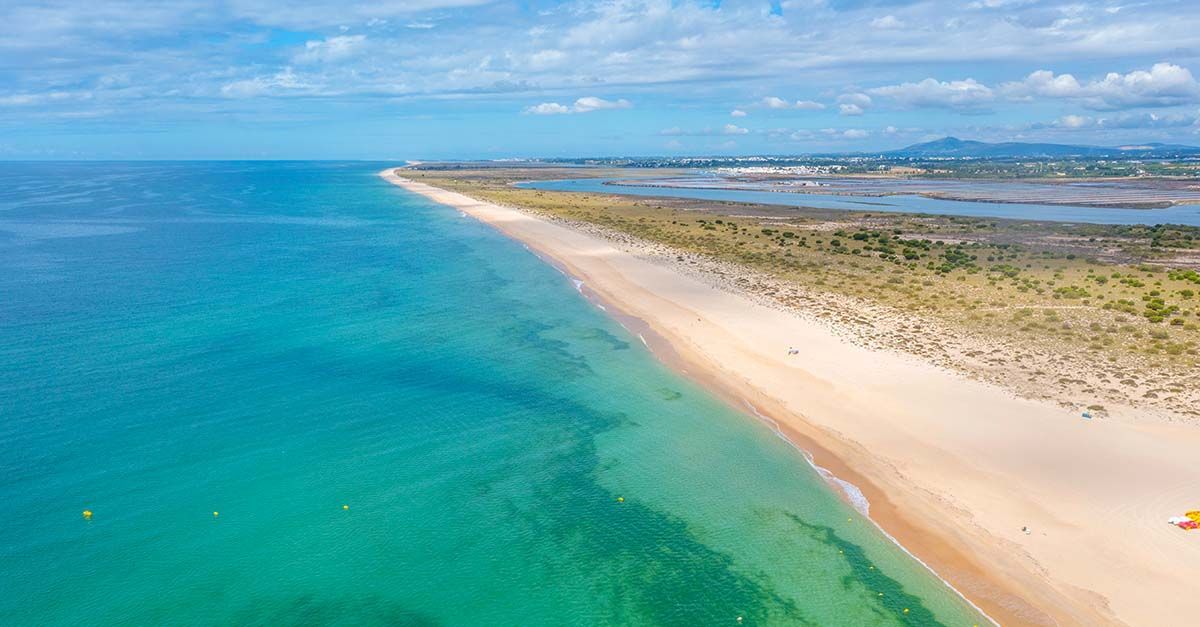My citizenship application has not moved for a long time now, what can I do? Unravelling the World of Nationality Litigation

Danielle Avidago | Immigration Consultant
"At first it's strange, then it ingrains". This Portuguese common expression accurately expresses the path to Portuguese citizenship, both from the individual and the State perspective. Where a foreigner is still unfamiliar with the State’s values and customs, and vice-versa, until it gradually becomes a fundamental part of that country and its dynamic, like an ecosystem.
Becoming a Portuguese citizen, for some, means reconnecting to their parent or grandparent who spent their entire childhood amazing them with stories of a country where the sun rarely leaves their side, and they can feel safe and at peace walking on a Sunday afternoon through its beautiful and colourful streets.
For others, it translates into officially becoming what they always felt they were since the moment they stepped foot and set their roots in Portugal. The traditions, customs, cuisines, and charm that make Portugal the unique country it is are so entangled in their daily lives that nothing is fairer than legally becoming the Portuguese citizens they already feel they are.
However, becoming a Portuguese citizen may be more challenging than it seems. It's not only because of the numerous documents and proof of connection to the Portuguese community that one must gather, with required or helpful documents not always clearly stipulated in the law, but also mainly because of the time it takes. When applicants find out that the estimated time for a Portuguese application to be analysed usually takes from 2 to 3 years, their eyes widen, and they immediately start rethinking their life choices.
Why does the IRN, the governmental body linked to the Portuguese Ministry of Justice responsible for analysing citizenship applications, take so long to decide on Portuguese Citizenship applications? - you may ask. Well, since the pandemic, requests for Portuguese citizenship have increased considerably, while the number of professionals analysing the applications has decreased proportionally. Additionally, with the amendments to nationality law, the IRN aims to ensure that each applicant is undoubtedly entitled to Portuguese citizenship, resulting in extended analysis periods.
Well - you might still wonder - but 3 years is not the legal deadline for the IRN to conclude citizenship application processes, is it? No, it is not. According to article 41° of the Nationality Regulation, the IRN has 30 days to analyse the applicant’s documentation and requirements, and 60 days to issue a decision. If this legal deadline were to be followed, citizenship application processes would be concluded within 4 months, but the reality is that not even minor's applications are analysed this fast.
To escape this responsibility, the Consultive Council of the IRN issued report number 76/2022 stating that this legal deadline is not to be considered as the to the IRN considering the current panorama of low supply of staff and high demand of applications.
Although the (excuses) explained above are not an obstacle for some people, for others it may be crucial for them to enjoy, in this lifetime, all the benefits that the title of being a Portuguese citizen comes with. This means that for those applicants who have been waiting for way over the legally stipulated deadline for a decision from the IRN, and are to be considered elders, or have been diagnosed with a disease that aggravates their health condition, there is an alternative other than “hold still”.
It is possible to make your right to citizenship worthwhile through the judicial administrative route of the Subpoena for the Protection of Rights, Freedoms and Guarantees.
This urgent and special legal administrative action aims to rapidly and efficiently address violations of fundamental and constitutional rights that the administrative organs failed to respect and protect, as is their duty.
Because of the urgency and exceptionality that this kind of legal action entails, the Portuguese judicial system enables foreigners, represented by Portuguese lawyers only, to file this subpoena. This means that under this regime, it is not necessary to be a Portuguese citizen to access the Portuguese judicial system.
For this kind of administrative legal action to be successfully deferred, we need to prove that fundamental rights were affected by this delay from the IRN. It should not be exclusively about the amount of time that has passed, but more about why this time has to be urgently and immediately ceased.
According to the Portuguese courts on this matter, the situations that better illustrate why the IRN urgently needs to analyse one applicant’s case to the detriment of others are precisely advanced age and severe health conditions.
However, if you do not fit into any of the above situations, it does not mean you are not entitled to appeal your case before the Portuguese courts. As long as you can prove urgency, the violation of fundamental rights, and that the IRN failed to meet the legal deadline it is bound by, the subpoena should be accepted by the court.
The courts already understand that the right to citizenship, when the applicant meets all the legal requirements, is a fundamental right deeply and intrinsically linked to the right to self-determination, family unification, and effective citizenship. Which fundamental rights were violated depends on the citizenship application and how the delay has impacted the applicant's life.
Whether it is a job you would only be accepted into if you were Portuguese; being reunited and feeling like you belong to your Portuguese family; living as a citizen in the country that always felt like home; or finally setting roots and freely connecting to the traditions and customs that run in your veins.












